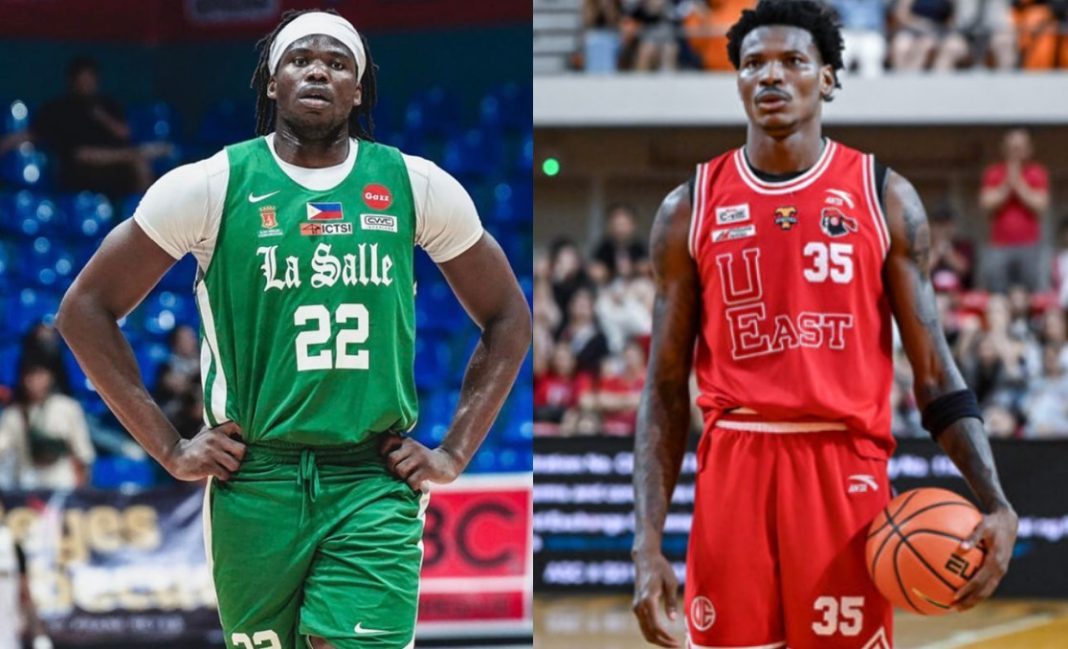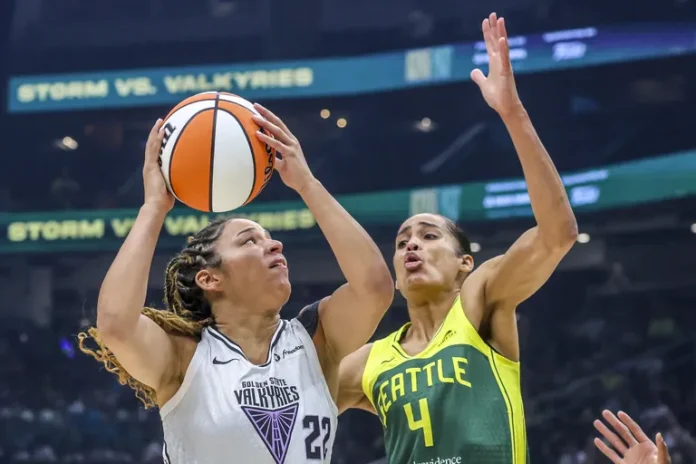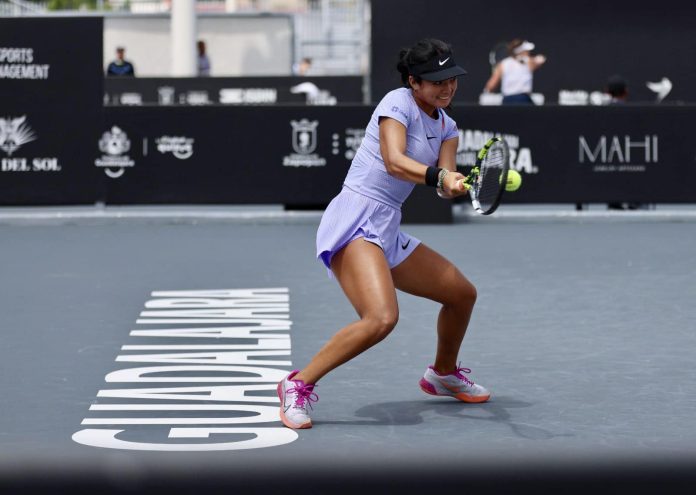Foreign student athletes (or simply FSAs) are “robbing” Filipino athletes—basketball players, in particular—of opportunities to play.
That’s the overriding message of veteran sports scribe Quinito Henson when he talked about FSAs in “The Navs Effect” podcast of fellow sports journalist Naveen Ganglani on September 4. Henson, who has been in the industry since the 1990s, made it particularly known that he is against the practice of allowing FSAs to compete in collegiate sports in the country, notably in basketball, while also branding them as “mercenaries” who make obscene amounts of money for their agents.
“FSAs do not have a place in the UAAP. No offense to any of those players, pero we’re a Filipino league. I don’t mean to be discriminatory, I don’t mean to be racist. But I’m saying that like in the NCAA—it looks like they have more progressive minds over there than in the UAAP—FSAs are simply imports, and they belong in the professional leagues,” said Henson. “Even in the way these FSAs are being recruited, it’s the professional way. We’re dealing with agents who are foreigners who are making big bucks. And I’ll tell you very frankly they’re making big bucks out of these FSAs. They’re mercenaries, they’re imports.”
NCAA Bans FSAs But UAAP Doesn’t
The NCAA, of course, banned FSAs starting in 2012, with full implementation beginning in 2020 after the last batch of recruited FSAs used up their eligibility. Prior to the ban, the NCAA saw a string of dominant FSAs tearing up the league, from Sam Ekwe to Ola Adeogun to Bright Akhuetie, who later on also played in the UAAP for the UP Fighting Maroons.
In contrast, the UAAP has continued allowing FSAs to compete in athletic events, notably basketball. In fact, UAAP basketball has also seen its fair share of dominant imports, including Karim Abdul in the early 2010s, Ben Mbala in the mid-2010s, and Angelo Kouame in the late 2010s to early 2020s.
Despite all that talent through the years, Henson remains unconvinced of the logic of allowing FSAs to compete in college hoops, noting that these FSAs aren’t good enough to be dominant players on the international stage.
“These foreign student athletes are really not at the level of guys who will be able to dominate internationally. I feel there will be a lot more development for locals if they were to play together because there will be more opportunities for them to play,” Henson pointed out.
Henson makes some good points for sure. But whether they are right or not is a discussion for another day.








